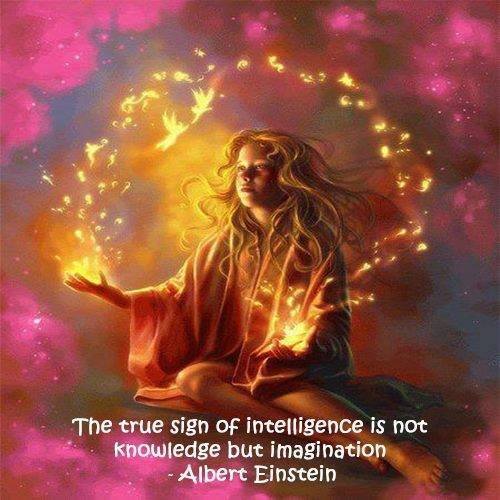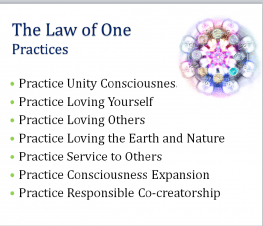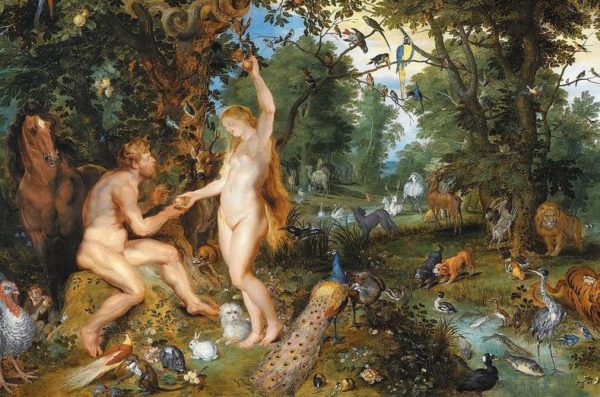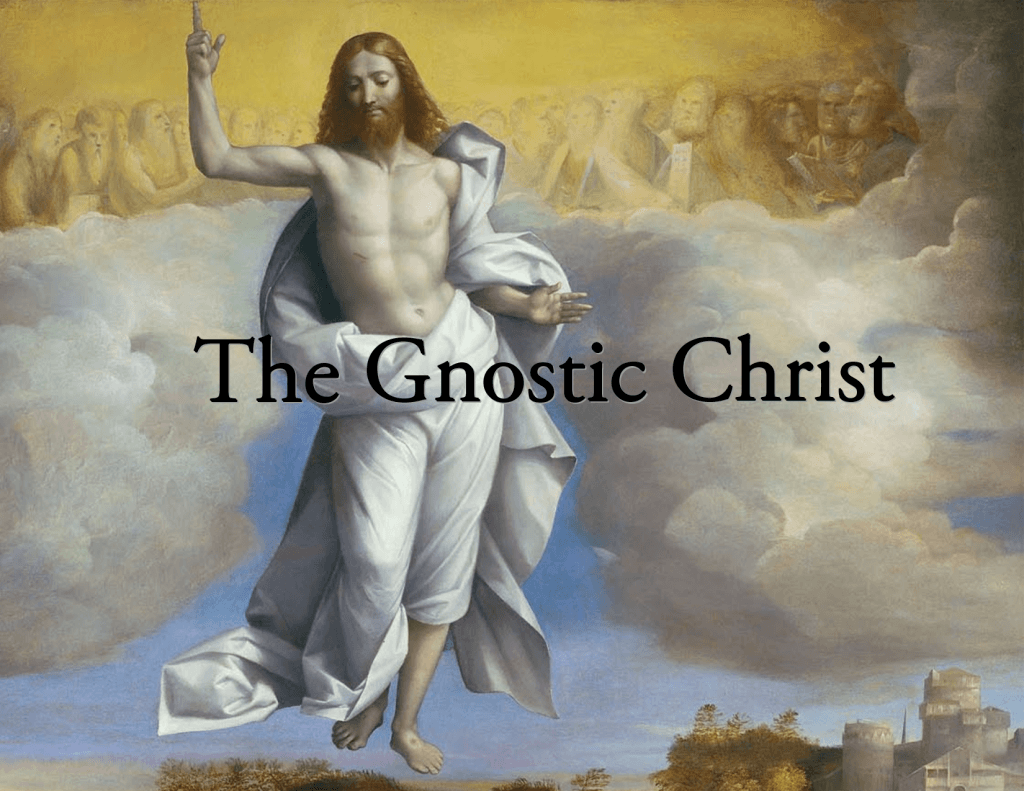When we use the term, “the self” we are usually referring to our identity, the ego, the face we wear to maintain our illusion of individuality. This includes our subconscious  mind and everything our brains produce that make us believe we are separate and apart from everything in the universe. So what is the Self?
mind and everything our brains produce that make us believe we are separate and apart from everything in the universe. So what is the Self?
Philosophers have pondered that question for centuries. Socrates, believed to be born in 470 BC, maintained that our true self is our soul. Rene Descartes, born 1596, thought there is one thing of which we can be absolutely certain: “I think, therefore I am.” William James, born 1842, added that there’s one thing about our conscious experience that we’re never uncertain about; we’re never uncertain whose conscious experience it is. It’s mine, of course. But who is this “me”? Jean-Paul Sartre, born 1905, believed every individual to be a “being for itself that has a self consciousnesses.
Western philosophers typically try to figure out the theoretical truth, going from there to  practical applications. Eastern philosophers tend to speak of truth as something you approach through practice rather than theory. In important ways, Eastern philosophy does not even ask the same question and offers a different answer. Hinduism, Buddhism, meditation, and yoga are alternative approaches. Self to them, refers to what lies within each of us and is what remains when our bodies dies. Self is what we discover when we wake up and is all that exists. Self in Hinduism is called Atman, and the self is Brahman or God. The difference between self and God is our distinction we make ourselves. Remove that distinction and all that remains is God, or universal mind or Tao.
practical applications. Eastern philosophers tend to speak of truth as something you approach through practice rather than theory. In important ways, Eastern philosophy does not even ask the same question and offers a different answer. Hinduism, Buddhism, meditation, and yoga are alternative approaches. Self to them, refers to what lies within each of us and is what remains when our bodies dies. Self is what we discover when we wake up and is all that exists. Self in Hinduism is called Atman, and the self is Brahman or God. The difference between self and God is our distinction we make ourselves. Remove that distinction and all that remains is God, or universal mind or Tao.
Gnostics, believed to be the first true Christians, referred to Self as the Divine spark, and God as the Divine Light from which the spark emanated. Even Jesus tells us in Luke 17:20–21, the Kingdom is not coming in any way you can observe. The Kingdom of God is already here, within your midst.
already here, within your midst.
The word philosophy means “love of wisdom”. It is a love of wisdom that guides all of us to explore the fundamental questions about where did we come from, why are we here and where are we going. The search to understand the self is an individual effort. We are all philosophers, with our opinions, ideas and concepts. It is interesting to explore what others think and believe, but ultimately, we have to find our own way. With the world at our fingertips, we can explore and discover how different cultures, religions and belief systems are so intertwined.
Our teachers speak of the self. Jesus said in the Dialogue of the Savior, “Those who have truly found the self within recognized that it exists everywhere”. Buddha tells us  “Everyone has recognized the Self, one’s essential nature. But few realized it.” Krishna said “Recognized that all things exist in the One, and you will become the One.” Lao Tzu provided his insight in the Tao Te Ching, Wisdom comes from knowing oneself. He who knows himself is enlightened.”
“Everyone has recognized the Self, one’s essential nature. But few realized it.” Krishna said “Recognized that all things exist in the One, and you will become the One.” Lao Tzu provided his insight in the Tao Te Ching, Wisdom comes from knowing oneself. He who knows himself is enlightened.”
Consider the self as your divine essence, your soul, your spirit living in a material world. To know the self, this four step exercise can be performed to produce an acceleration of knowing the self. The first step is the cornerstone. The moment contains love as we consciously seek that love in our awareness and understanding in everything we do. The second step is to realize the universe is one being. When we see others, family, friends, strangers, and even enemies,  we see the the Creator. The third step is Gaze into a mirror, and see the Creator. Fourth step is Gaze into the world and all of creation and see the Creator. You can build your foundation of these steps by being mindful and through meditation, contemplation, and prayer.
we see the the Creator. The third step is Gaze into a mirror, and see the Creator. Fourth step is Gaze into the world and all of creation and see the Creator. You can build your foundation of these steps by being mindful and through meditation, contemplation, and prayer.
I am not I. I am this one walking beside me whom I do not see, whom at times I manage to visit, and whom at other times I forget; who remains calm and silent while I talk, and forgives, gently, when I hate, who walks where I am not, who will remain standing when I die.
Juan Ramón Jiménez, won the Nobel Prize for literature in 1956.

 philosopher one reads. According to Plato, reality as perceived by the five senses is merely the surface of a highly complex and structured system. The act of seeing and recognizing this system Plato calls “ideas.” A key element in his philosophy, which would later transfer to Gnosticism and Gnostic, is the concept that every human had a previous and thorough understanding of the structures of reality. Unfortunately, this knowledge was somehow lost. The reclaiming of this knowledge through the comprehension of reality underlying structures is Gnosis.
philosopher one reads. According to Plato, reality as perceived by the five senses is merely the surface of a highly complex and structured system. The act of seeing and recognizing this system Plato calls “ideas.” A key element in his philosophy, which would later transfer to Gnosticism and Gnostic, is the concept that every human had a previous and thorough understanding of the structures of reality. Unfortunately, this knowledge was somehow lost. The reclaiming of this knowledge through the comprehension of reality underlying structures is Gnosis. Christian struggle to define orthodoxy.
Christian struggle to define orthodoxy.  commanded Adam and Eve not to eat from the tree of knowledge of good and evil, preventing them from knowing the spiritual truth.
commanded Adam and Eve not to eat from the tree of knowledge of good and evil, preventing them from knowing the spiritual truth.
 and
and